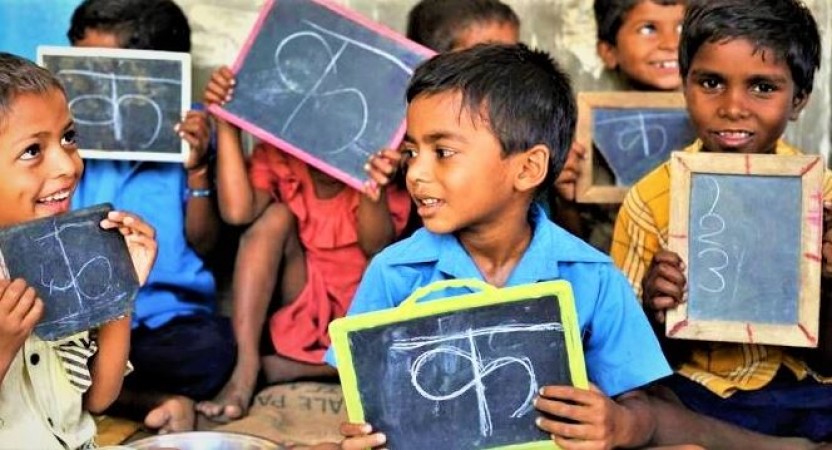
Mumbai: The Aurangabad bench of the Bombay High Court has ruled that minority educational institutions cannot admit socially disadvantaged children under the 25% quota mandated by the Right to Education Act 2009 (RTE Act), even if they choose to do so voluntarily. The court has declared that such admissions would be a violation of constitutional protections granted to minority institutions.
Justices Mangesh S Patil and Shailesh P Brahme, who formed the bench, emphasized that allowing minority institutions to admit students under the RTE quota would breach the constitutional exemption provided to these institutions. Consequently, the court dismissed a petition challenging this stance and reaffirmed that minority institutions cannot be subjected to the RTE Act’s provisions.
The court’s decision is grounded in the Supreme Court’s ruling in the Pramati Educational and Cultural Trust case, which found that applying the RTE Act to minority institutions would infringe upon Article 30(1) of the Constitution. Article 30(1) guarantees minorities the right to establish and manage educational institutions of their choice. The Supreme Court had previously ruled on this issue, declaring that imposing the RTE Act on minority institutions was unconstitutional.
According to the Aurangabad bench, Section 1(5) of the RTE Act, which explicitly excludes minority institutions, supports their ruling. The court also noted that the petitioners' attempts to challenge the RTE Act’s validity and related rules were unsuccessful. The petitioners had argued that certain provisions of the RTE Act and the rules framed under it violated their constitutional rights.
In the case involving Izaak English Medium School and Anand Medical and Education Foundation of Ahmednagar, both minority-run institutions, the court addressed a specific issue regarding the admission of students under the RTE quota. The schools had argued that they should be allowed to admit students under the quota voluntarily and sought reimbursement for admissions made in previous academic years. The court rejected these arguments and directed the government to investigate the claim related to unreimbursed admissions for the academic years 2017-18 to 2019-20. The government has been instructed to provide reimbursement to the school within six weeks.
This decision reinforces the separation of minority institutions from the RTE Act’s requirements, ensuring that their rights under the Constitution remain protected.
Women in Shahjahanpur Celebrate Raksha Bandhan with a Green Twist: Tying Rakhis to Trees
Karnataka Congress Govt’s Decision to Close Jan Aushadhi Outlets: What’s Behind the Controversy?
Former Jharkhand CM Champai Soren Visits Delhi with 6 MLAs: BJP Talks Loom?